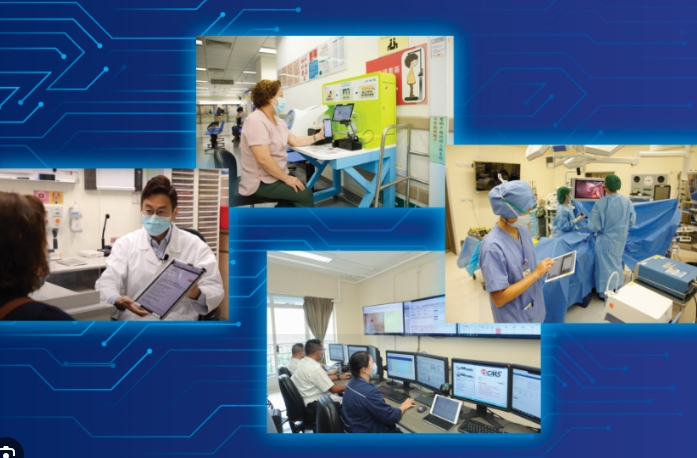Revolutionizing Healthcare: How Smart Hospitals are Changing the Medical Landscape
Improving Patient Care Through Technology
Smart hospitals are utilizing advanced technologies such as artificial intelligence, Internet of Things, and telemedicine to enhance patient care.
Real-time monitoring of patient health, predictive analytics for early disease detection, and remote consultation with specialists are just a few examples of how technology is revolutionizing healthcare.
Streamlining Processes and Increasing Efficiency
Automation of administrative tasks, digitization of medical records, and integration of electronic health records are reducing paperwork and streamlining processes in smart hospitals.
This not only saves time and resources, but also allows medical professionals to focus more on patient care and treatment.
Enhancing Communication and Collaboration
Smart hospitals are breaking down communication barriers through the use of secure messaging apps, video conferencing platforms, and collaborative tools.
This enables healthcare providers to share information, consult with experts, and coordinate care more effectively, leading to better outcomes for patients.
Improving Patient Experience and Engagement
Smart hospitals are empowering patients with access to their own health information, appointment scheduling tools, and telehealth services.
This increased transparency and convenience not only improves the overall patient experience, but also encourages patients to take a more active role in their own healthcare.
Ensuring Data Security and Privacy
As smart hospitals rely more on digital technologies and interconnected systems, it is crucial to prioritize data security and patient privacy.
Implementing robust cybersecurity measures, adhering to strict data protection regulations, and training staff on best practices are essential to safeguarding sensitive health information.
In conclusion, smart hospitals are transforming the healthcare industry by leveraging technology to improve patient care, streamline processes, enhance communication, and engage patients. By embracing innovation and prioritizing data security, these hospitals are leading the way in revolutionizing healthcare and shaping the future of medicine.

